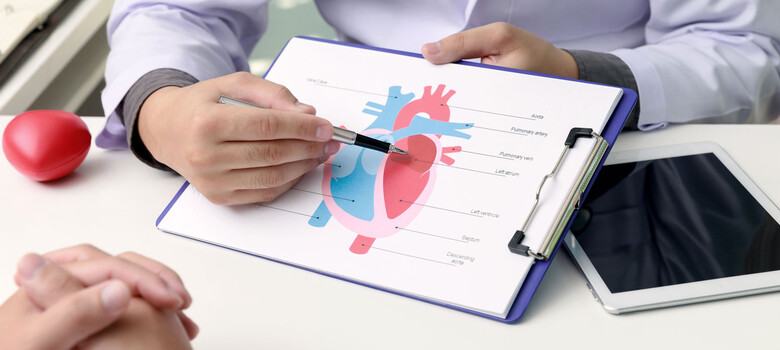 From the DukeHealth.org archives. Content may be out of date.
From the DukeHealth.org archives. Content may be out of date.
Surviving a Heart Attack When You Are Alone

When no one is around to see your distress, it's important to know the signs of a heart attack and when to seek immediate medical care.
Heart Attack Symptoms Include More than Just Chest Pain
Did you know bad indigestion could be a sign you’re having a heart attack? Most people know to call 911 if they experience severe chest pain, but chest discomfort isn’t always present when a heart attack occurs. Call 911 if you suddenly experience chest pressure or tightness that radiates to your jaw or either arm, shortness of breath, nausea and vomiting with no explanation, says Duke cardiologist Christopher Granger, MD.
That message is particularly important for women, older people, and people with diabetes, says Dr. Granger. “It may simply be weakness or nausea or feeling poorly. If you suddenly feel any of those symptoms, seek immediate medical attention.”
People who are alone may minimize their symptoms, but it’s even more important for them to call 911 because it will get you better care faster.
“Paramedics can do an EKG, which will tell if there is a blockage or an artery that needs to be fixed,” he says. “They are very good at diagnosing a heart attack, and can get people to the best hospital as quickly as possible.”
Heart Attack vs. Cardiac Arrest
A heart attack occurs when an artery becomes blocked and blood flow to the heart is interrupted. In contrast, cardiac arrest occurs when the heart stops beating, which stops the flow of blood. The person passes out and CPR becomes necessary. Both events require immediate attention.
“When the blood flow to the heart is interrupted, the tissue dies or becomes irreversibly damaged,” Dr. Granger says. In the case of cardiac arrest, “CPR can restore some degree of blood flow until emergency medical treatment arrives.”
Heart Attack Risk Factors and Prevention
While a heart attack can occur in anyone -- with or without risk factors -- your risk for heart attack increases with age, especially if you are age 50 and older.
You are also at increased risk if you are younger than 50 and smoke, are overweight, or have diabetes, blocked arteries, high blood pressure, or a family history of these risk factors.
Seeing your doctor regularly can help you prevent a heart attack before it occurs.



